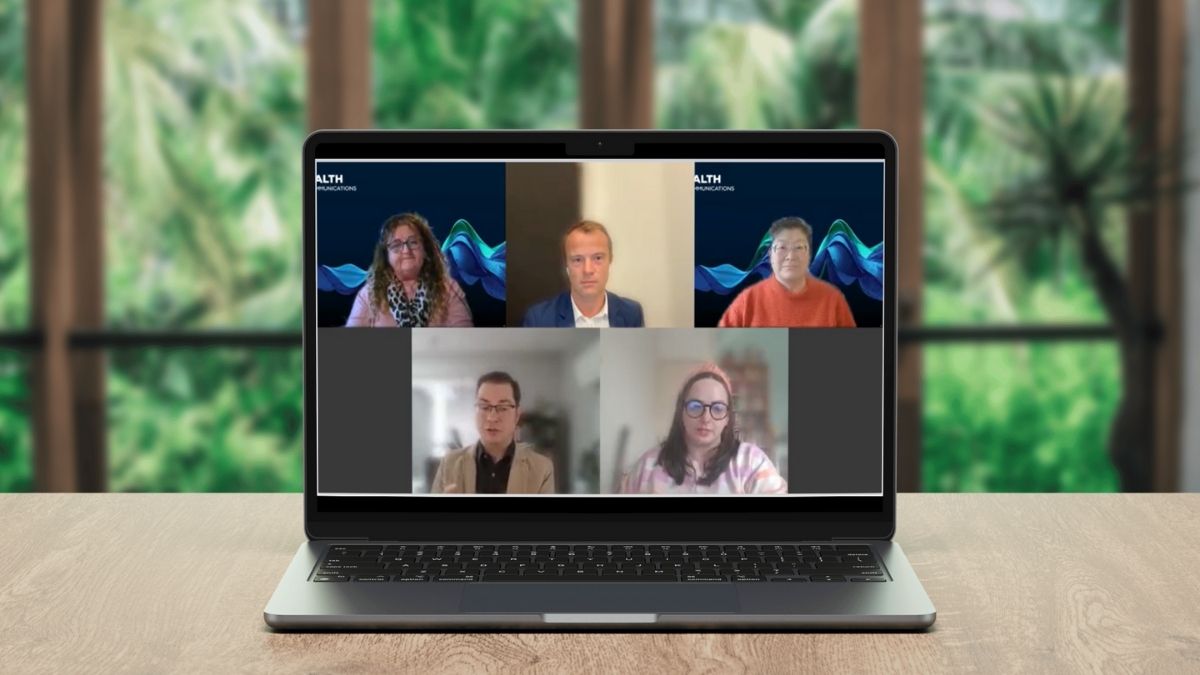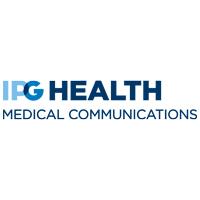Webinar recap: The future of cell and gene therapy in rare diseases

For decades, treatment options for rare diseases have been limited, often focusing on symptom management rather than addressing the root cause of disease. However, cell and gene therapy (CGT) is fundamentally changing this approach, offering the potential to modify or even halt disease progression by intervening at the genetic or cellular level.
This shift, while promising, brings its own scientific, logistical, and ethical challenges – from the complexities of clinical trial design and patient recruitment to ensuring long-term safety and affordability.
In a recent pharmaphorum webinar, sponsored by IPG Health, industry experts, including Dr Kristian Johnson, Global Medical Lead, Cell & Gene Therapies for Ophthalmology and Rare Diseases, Bayer Pharmaceuticals; Imre Varju, SVP, Director, Learning Strategy at YuzuYello, an IPG Health Company; Lynda Chang, Medical Strategy Director and Jane Blyth, Senior Medical Strategy Director at Caudex, an IPG Health company, discussed the opportunities and challenges facing this innovative field.
The promise of CGT
Unlike conventional therapies that require ongoing treatment, many CGTs are designed as one-time interventions with long-term impact. Not only does this reduce the burden on patients, it also gives clinicians the opportunity to treat diseases at their most fundamental biological level, rather than merely managing symptoms as they arise. And in the world of rare diseases, where traditional pharmaceuticals cannot effectively engage the target, the potential to modify or even halt disease progression is particularly relevant.
Johnson explained that, unlike conventional methods of managing symptoms, CGTs aim to correct or modify the underlying causes of disease.
“Rare diseases are not one monolith,” he said. “But among the rare diseases, we find many that are caused by mutations in a single gene... which is basically asking for a treatment that would repair this single affected gene.”
He highlighted several CGT approaches, including gene augmentation, gene editing with technologies like CRISPR-Cas9, RNA therapies, ex vivo modified cells, and cell replacement therapies.
Unlike traditional treatment methods, which typically require administration over a lifetime, CGTs aim for a one-time or limited interventions with long-lasting effects. This shift in treatment paradigm offers hope for conditions that demand a high burden of care among the more than 7,000 known rare diseases.
Bridging the gaps in clinical trial recruitment
Despite their potential, CGTs face significant challenges in development and implementation. Clinical trial recruitment and design present particular difficulties due to small patient populations and complex statistical methodologies.
“The trial recruitment and design challenges are simply due to the fact that, of course, the gold standard still is comparing either against a standard of care, which often doesn’t exist in rare diseases,” Johnson noted. “So you are forced to compare with placebo or sham treatment, which [patients] may be reluctant to engage in simply because there is a certain risk of receiving no treatment at all versus receiving the true treatment. And before this trial has achieved the primary endpoint, they won’t be able to receive any other treatment or any other trial treatment if they happen to be on placebo.”
Blyth added that specific challenges include “lack of robust and comprehensive natural history data... heterogeneous nature of the presentation... low diagnosis rates and simply actually the access to the patients because their disease has not been recognised.”
Navigating this complex landscape is challenging enough for healthcare professionals, so it stands to reason that patient support programmes for CGT would also differ significantly from those for traditional therapies. Varju explained that this is partly because, while rare disease patients are typically accustomed to ongoing treatments, CGT often involves a finite therapy with a complex pre-treatment process.
“In rare disease spaces, we’re used to lifelong treatments – chronic medications, either once-a-day pills or infusions that are recurring over time,” he noted. “In contrast, most of the CG therapies are finite. Sometimes it’s even one-time, but that one time getting to that therapeutic situation, until that actually occurs, is a big hurdle for patients and requires focused, tailored patient support solutions.”
Building trust through education and transparency
Misconceptions and fear surrounding CGT can hinder acceptance and adoption. Chang identified several common misconceptions, including fears about “messing around with my DNA” and unrealistic expectations about “cures.”
“When we’re talking about cell and gene therapy, we’re talking about fixing genes or fixing the cells. A lot of people will start thinking, ‘Well, does that mean my disease will be cured?’ And we can’t say that because we don’t know,” she explained.
Building trust with patients, caregivers, regulators, and healthcare professionals demands honest communication about both the potential and limitations of CGT. Leading with this focus on transparency and education, panellists agreed, is key to managing expectations.
“We need to be open with physicians, with payers, with patients,” said Chang. “With that comes this idea that we have to be able to educate people and let them understand what cell and gene therapies are, what the differences are, what our hopeful expectations are, but what the reality may well be.”
Early patient involvement in the development process is crucial for building trust. Blyth highlighted the importance of incorporating patient perspectives from the beginning: “Increasingly, you need the patient voice in from the very beginning, even at the protocol design stage.”
Pharmaceutical companies play a vital role in facilitating education and discussion. Johnson emphasised the need for genuine commitment to the rare disease communities: “I don’t want to sound flippant, but it’s really, really, really important that we meet all of the stakeholders where they are.”
He cautioned against transactional relationships, noting that “there is history of pharma partners swooping in with a rare disease community, getting all involved and all engaged and then at the first sign of the product or the asset not working out, just quietly withdrawing.”
Looking ahead, the panel expressed optimism about CGT’s potential while acknowledging the work still needed. The emerging role of AI and big data in supporting patient journeys and personalising support was highlighted as a promising development.
Financial challenges remain significant, with panellists advocating for smart approaches that leverage commonalities across conditions. Johnson suggested examining “what they have in common” and looking for “the combined infrastructure that is already out there where you are using the synergies across different communities.”
As the field advances, the ultimate goal remains to improve patient outcomes. Johnson concluded by noting the reward of “moving things forward towards treating the untreatable,” while expressing admiration for the rare disease communities: “I’m absolutely blown away by how tenacious, how experienced and how resilient the people living with a variety of different conditions are.”
Watch 'Exploring the future: Opportunities and challenges in cell and gene therapy for rare diseases' on demand here.
About IPG Health

IPG Health is a global collective of the world’s most celebrated and awarded healthcare marketing agencies. We are 6,500+ people across six continents driven by a healthy obsession with creating novel marketing solutions, and harnessing creativity, technology, science and data to inspire behaviors that fuel better health. Our distinguished Med Comms offering, IPG Health Medical Communications, boasts seven distinctive agencies obsessed with creating exceptional medical communications solutions for our clients. Our world-class Med Comms services include publications, medical affairs, medical education and regulatory writing. We are proud to be globally recognized for our work, with accolades including 2024 PharmaTimes Communications Awards for “Medical Affairs Communications Team of the Year,” 2023 PMEA “Support Agency of the Year,” 2023 PharmaTimes Awards for “Communications Manager of the Year” and “Medical Writer of the Year” and The Princess Royal Training Awards for our early-career training program. IPG Health is part of the Interpublic Group of Companies (NYSE:IPG). Visit ipghealth.com to learn more.












